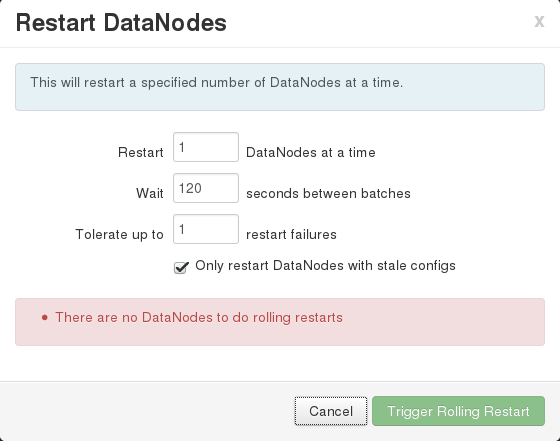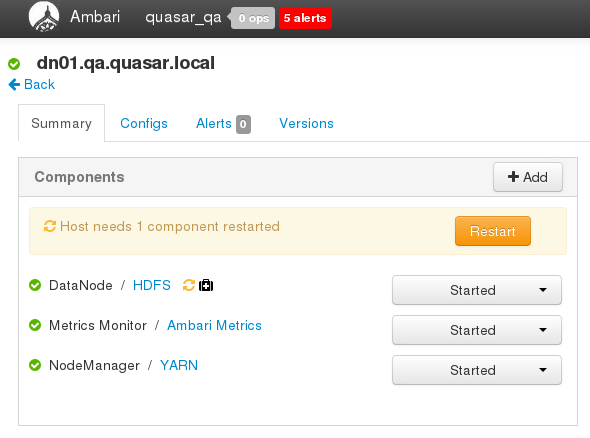The title of this post is a bit of mouthful and requires a bit more explanation.
I am running a pure open-source version of Kafka (currently running 2.7) and am using SASL/GSSAPI connections between all of the brokers and ZooKeeper. Currently, the whole system, including ZooKeeper, is running Java 8 and it is long-overdue to be upgraded to Java 11.
Upgrading Kafka to Java 11 causes the server to send an incorrect authenticationID String to ZooKeeper which results in the → Continue reading “[SOLVED] Upgrading Apache Kafka 2.7 to Java 11 Changes authenticationID sent to ZooKeeper Enabling Only 1 Kafka Broker to r/w znodes”

